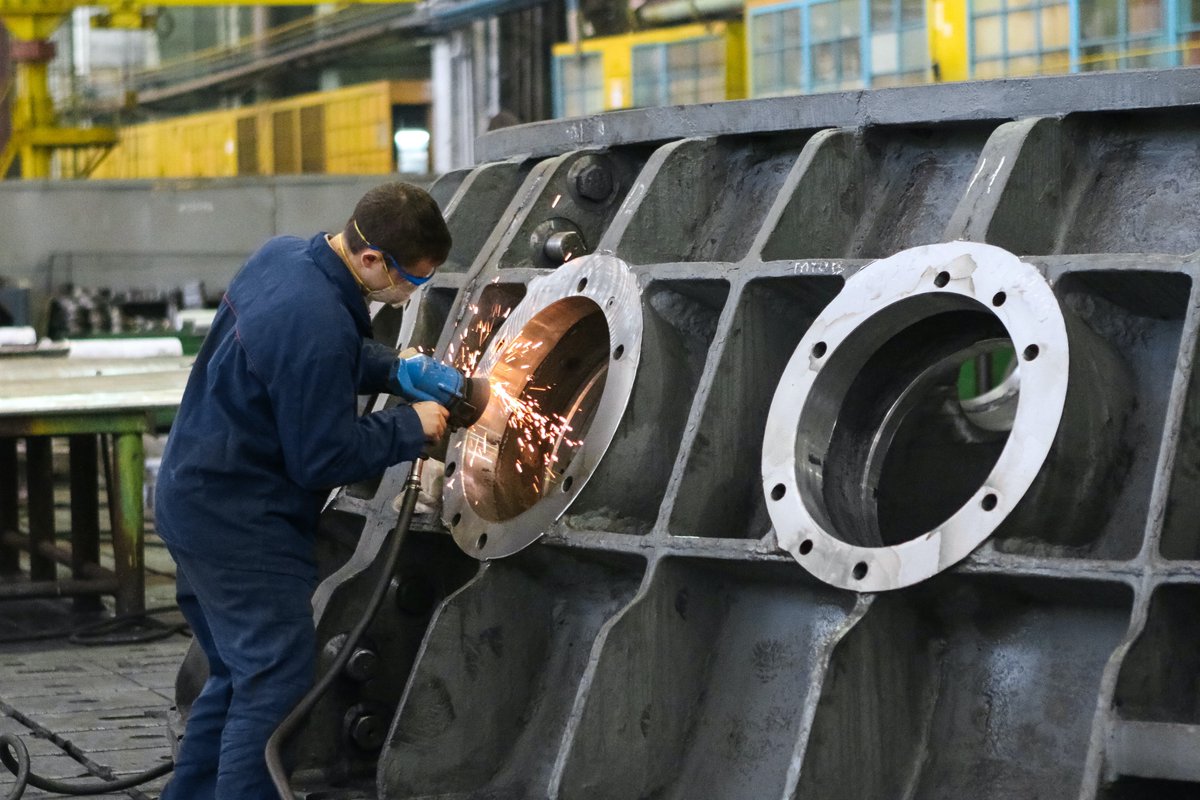
What is Expertise and How Can We Develop it?
Yujiro Yamazaki
- Skills Needed in Labour Market and Issues Related to Skills of Workers
Achieving a high level of skill through the empirical continuation of learning and practice is called expertise. To become an “expert” takes nearly a decade of experience, what Ericson (2001) calls the “ten-year rule.” The term “expert” is often used along with the terms amateur and professional not only in the world of work but also in sports, music, and hobbies among many others. We can imagine that an “expert” is a person who can quickly and accurately perform a particular task. But how do we become experts in a specific item or task? The following are some of the many studies on the process of becoming an expert in doing something.
Anderson (1995) showed that there are three stages in the process of acquiring knowledge and skills to become an expert: the Cognitive stage, in which knowledge and skills are first accepted as a template; the Associative stage, in which one adjusts one’s knowledge and skills to eliminate errors; and finally, by repeatedly utilizing such knowledge and skills, we move to the Autonomous stage, where we can automate and speed up the process to make it smoother and more efficient.
Hatano (2001) further subdivides “expertise” itself into three stages. The first stage is Routine Expertise. It refers to the first stage of mastery in which knowledge is accumulated through experience and performed with skills that can be automated with routine precision (Baroody 2003). The second stage is Adaptive Mastery. The knowledge and skills accumulated through Routine Expertise are used to perform tasks in a routine and accurate manner and flexibly and efficiently depending on the situation (Herbert & Lefevre, 1986). At this stage, the individual has the metacognitive ability to overlook their situation and carry out the action (Hatano, 2001). The last stage is Creative Expertise. While the previous stage of proficiency indicated flexible proficiency in thinking recursively about one’s situation and adapting to it, Creative Mastery involves the proficiency of knowledge and skills in such a way that one can set a “task” for oneself and give form to an idea (Okada, 2005).
These processes of proficiency were particularly noteworthy in the world of sports and hobbies and in jobs where physical skills play a significant role. Still, they have been studied for individual biological knowledge and skills and organizational human resource development in companies. Kusumi (2014) analyzes the skilled process of white-collar workers, depicting corporate management, including position management, which promotes individual proficiency, and experienced individuals who transform the organization. This point is also in line with Nonaka’s (1996) theory of the organization of intellectual creation. In addition, as a secondary effect of expertise, it has been studied that the successful experience of knowledge enhances the sense of self-efficacy and becomes a motivating factor for further learning. The process of learning continues (Okada, 2005).

